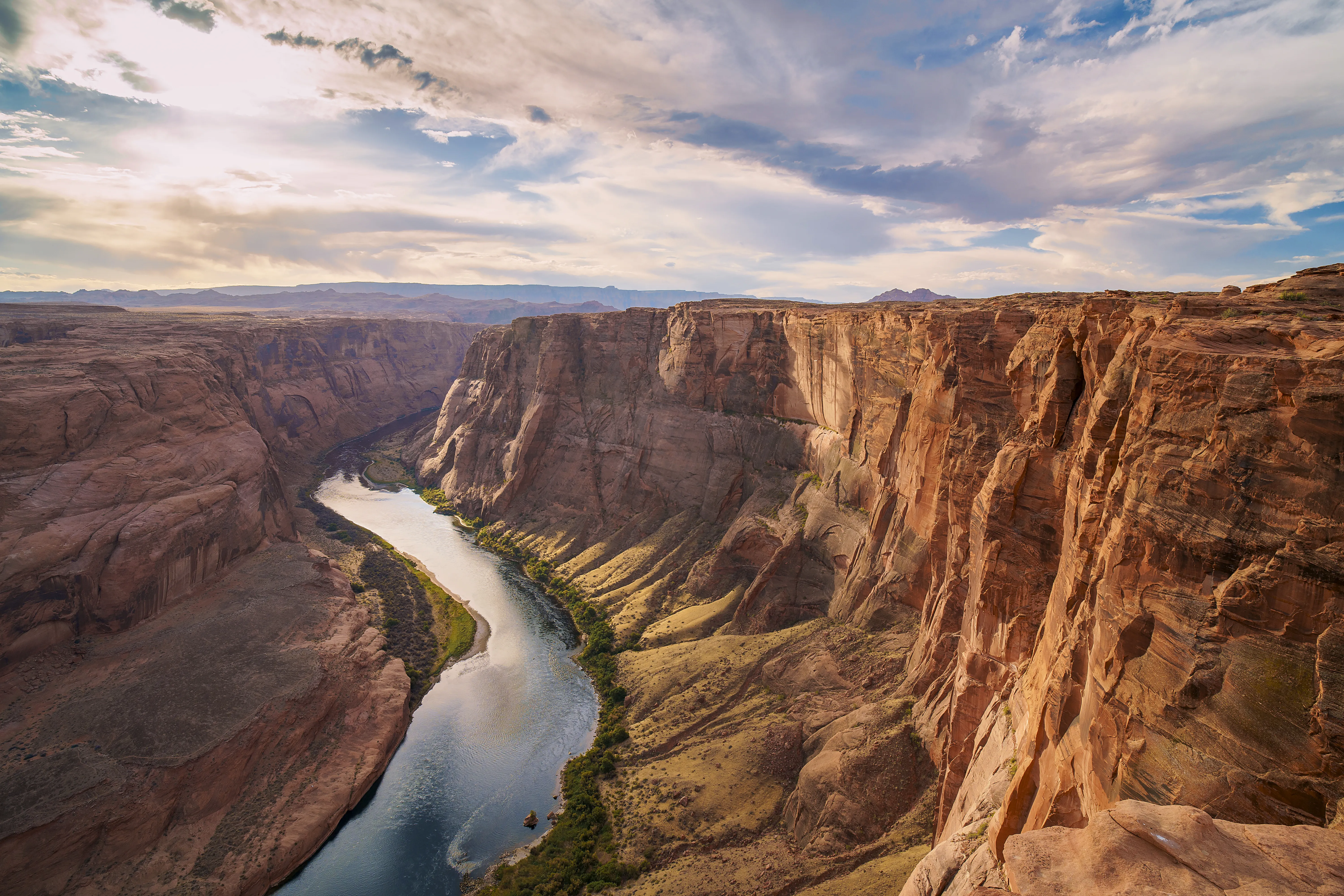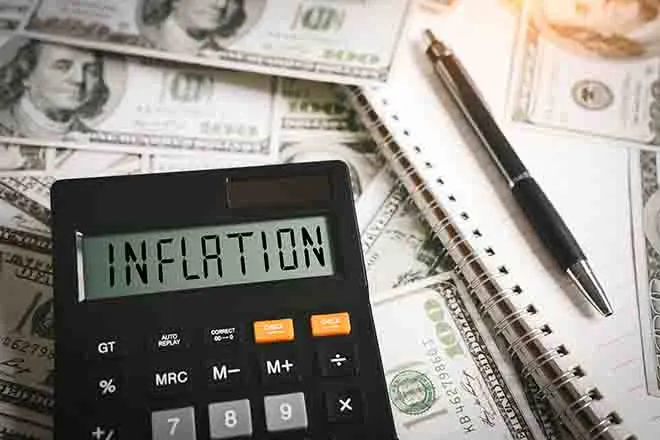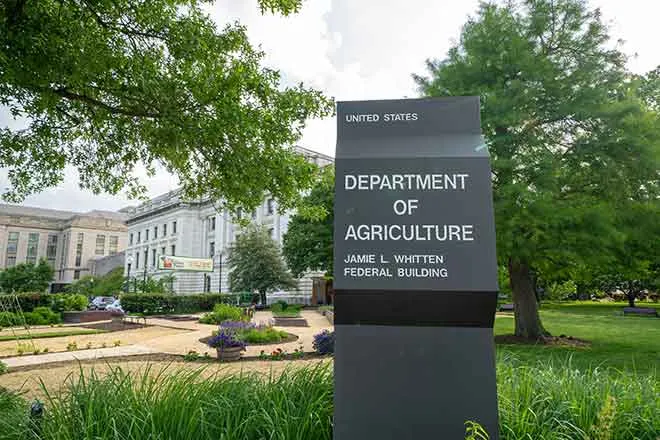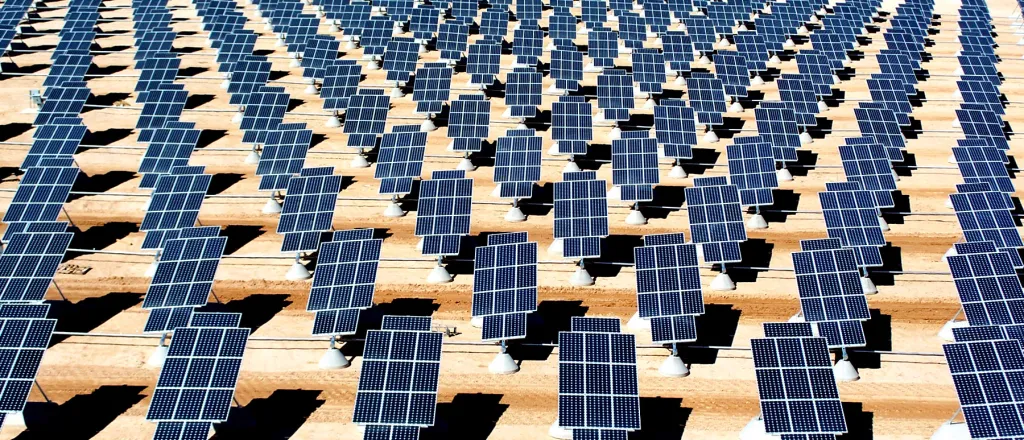
When North Dakota is ready for more solar, study says it won't hurt property values
Click play to listen to this article.
(Prairie News Service) North Dakota lags behind other states in advancing large-scale solar projects. If additional development does gain steam as it has elsewhere in the Midwest, new data could provide clarity to a key point of debate.
Gilbert Michaud, assistant professor of environmental policy at Loyola University and the report's co-author, said he has been around the region and attended local government meetings considering solar farms. He noted his team has combed through public comment records and the effect on property values tops the list of concerns brought up by attendees.
With renewable energy sources gaining a stronger foothold, he suggested it is not surprising people want to be engaged in what's happening.
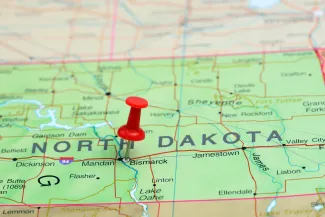
"As more people learn about utility-scale solar and large-scale renewable energy development, they inherently have a lot more questions," Michaud observed.
As for the property value debate, Michaud's research of 70 utility-scale solar projects in the Midwest shows they did not hurt surrounding values but rather had a minor positive effect. He acknowledged solar farms are not a major property value force compared with traditional factors, such as renovations. But he pointed out as more of them surface, they are going to have broader ripple effects on local economies.
With wind and solar development now dotting more rural landscapes, analysts said misinformation often finds its way into local ordinance meetings and public comment sessions. Michaud hopes his findings and other emerging research provide stakeholders with accurate data to help them make an informed decision, as opposed to leaning on anecdotal arguments.
"'I think this' or 'I saw this' or 'I heard this from my neighbor at the gas station,'" Michaud outlined. "We're sort of taking that to the next level and saying, 'OK, let's look at all these big solar projects across the entire region and actually look at what the data is suggesting to us.'"
In 2019, North Dakota approved its first commercial solar farm and lawmakers tinkered with changes to regulations dealing with prime farmland and restrictions for such projects. However, the state is still among the top crude oil producers in the nation. And when it comes to renewables, it has prioritized wind energy over solar.




